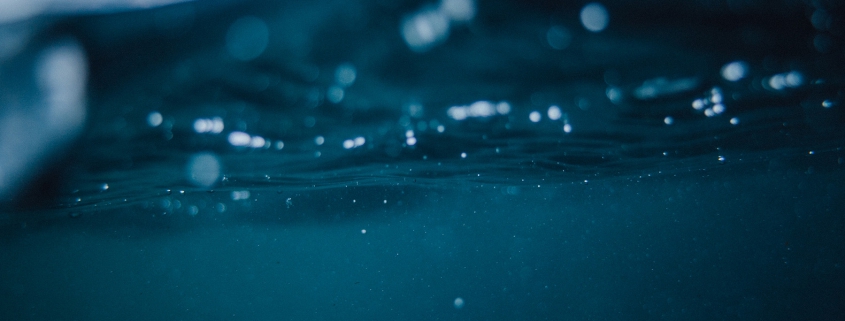Kimberley moves on integrating Traditional Knowledge and science

A three-year project that has broken down barriers to communication between Traditional Owners and scientists working on Country in the Kimberley was recognised as a significant step forward by members of the working group at the 2017 WAMSI Research Conference.
The Kimberley Indigenous Saltwater Science Project (KISSP) worked with Rangers from seven Kimberley Indigenous Native Title Saltwater groups as well as 103 Traditional Owners to develop protocols and guidelines that recognise how Traditional Knowledge can engage with and complement modern research and science.
The KISSP project made significant progress into delivering three key objectives:
- Integrating Traditional Ecological Knowledge (TEK) and management practices into Kimberley marine conservation management.
- Developing standard and agreed community protocols.
- Developing a framework and protocols for standardising data collection, storage and monitoring, including the development of a pilot training package.
|
|
“If you think about CSIRO, AIMS and the Parks and Wildlife Service, there is a lot of marine research being undertaken in the Kimberley, and Traditional Owners just want to be respected and have some idea about it, know who is on their Country and what involvement the community will have in the research,” Project Leader Dean Mathews (Yawuru) explained.
Charles Darwin University and CSIRO researcher and working group member Beau Austin said there were a lot of practical, implied benefits from getting the collaboration between western scientists and Traditional Owners to work.
“For example, Indigenous Knowledge holders can see changes, threats and connections between things that scientists might not see and this can contribute to informing policy and decision making that can lead to better decisions, better policy and better management,” Dr Austin said.
Albert Wiggan, representing the Nyul Nyul people from the Dampier Peninsular north of Broome, described the two-year journey with the project as an, “opportunity to discover the potential and productive tools that can come from a relationship between science and Traditional Knowledge.”
 |
|
Albert Wiggan, Deputy Project leader presenting the KISSP program out comes at the 2017 WAMSI Research Conference. Albert is a traditional Bardi, Nyul Nyul, and Kija man from the Kimberley who has been working as a Nyul Nyul Ranger for the last five years. |
“It is important that we, as Indigenous people who are still connected with our land, develop the skills and capacity to work alongside science, so that we best look after the environment not just for ourselves but for everybody into the future,” Mr Wiggan said.
A six step approach to entering into collaborative research has been developed by Gina Lincoln from Mosaic Environmental Consultancy as part of the project outcomes. It addresses current shortfalls and provides consistency for researchers embarking on Kimberley coastal and marine research projects.
 |
| Six step approach to entering into collaborative research developed by Gina Lincoln from Mosaic Environmental Consultancy |
“The key around this is the products that are coming out of the project and how they get taken up or implemented into management, especially around joint management with Traditional Owners in the Kimberley,” Mr Mathews said. “We also want to build capacity within the groups so, when a researcher leaves their research, they leave a legacy of their work, such as tools or methodologies so groups can continue monitoring the change in their Country over time.”
“At the end of the day we are working towards a common objective,” Mr Mathews said. “There’s policy and legislation, but if you look at our goal it’s about protecting and managing Country. We believe the group has developed strong momentum and that it is a model that will work.”
 |
| (L-R) WAMSI Kimberley Marine Research Program Node Leader Stuart Field (DBCA), KISSP Project Leader Dean Matthews (Senior Project leader Yawuru for the last 5 years working closely with the state in developing the Yawuru conservation estate plans and the Yawuru Marine Park Plan), Manager Land and Sea Unit at Nyamba Buru Yawuru Julie Melbourne, Rebecca Dobbs (UWA), Beau Austin (CDU/CSIRO) and WAMSI Kimberley Science coordinator Kelly Waples (DBCA). |
Links:
KISSP Project page: www.wamsi.org.au/Indigenous-knowledge
The $30 million Kimberley Marine Research Program is funded through major investment supported by $12 million from the Western Australian government co-invested by the WAMSI partners and supported by the Traditional Owners of the Kimberley.


